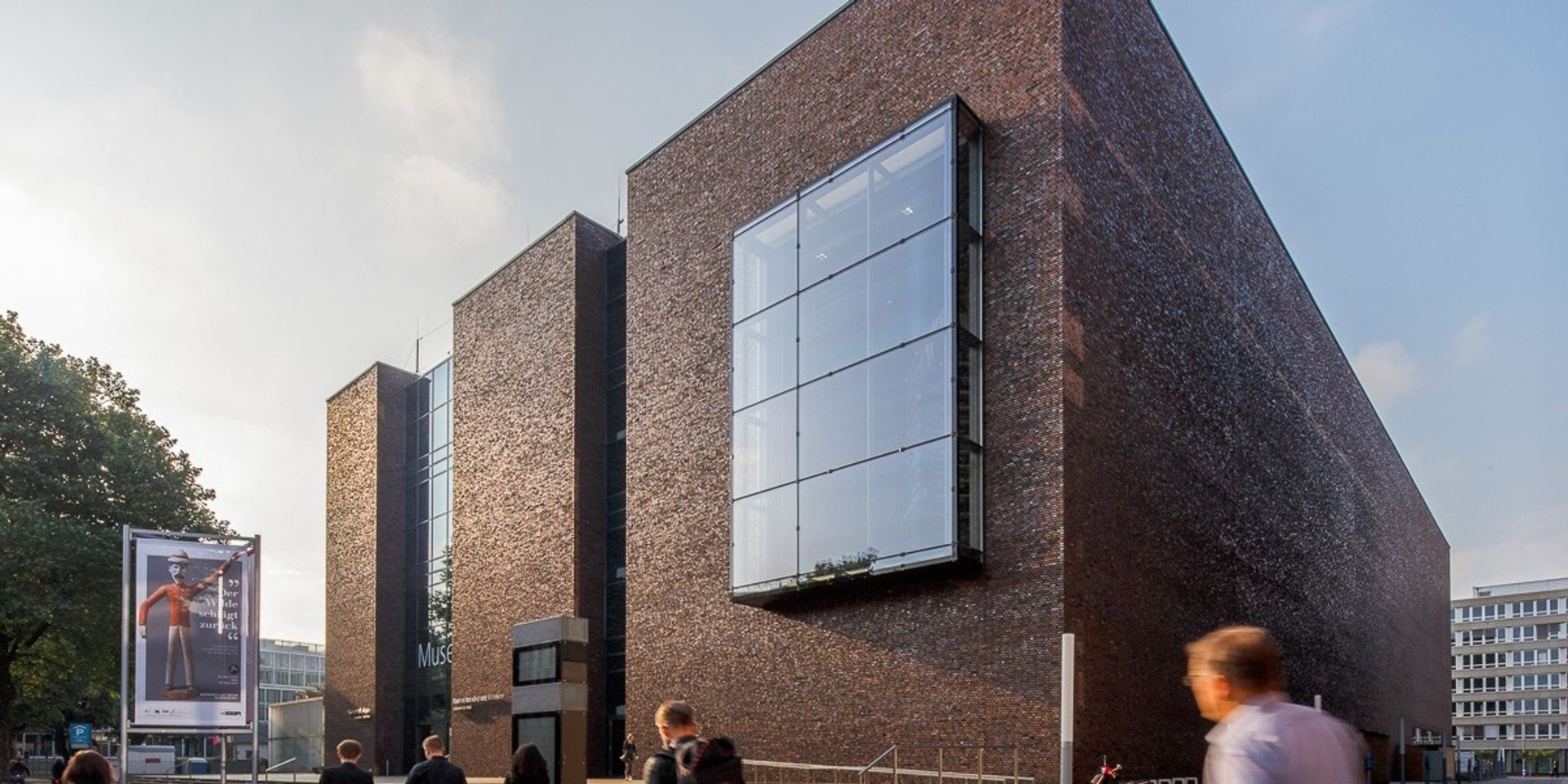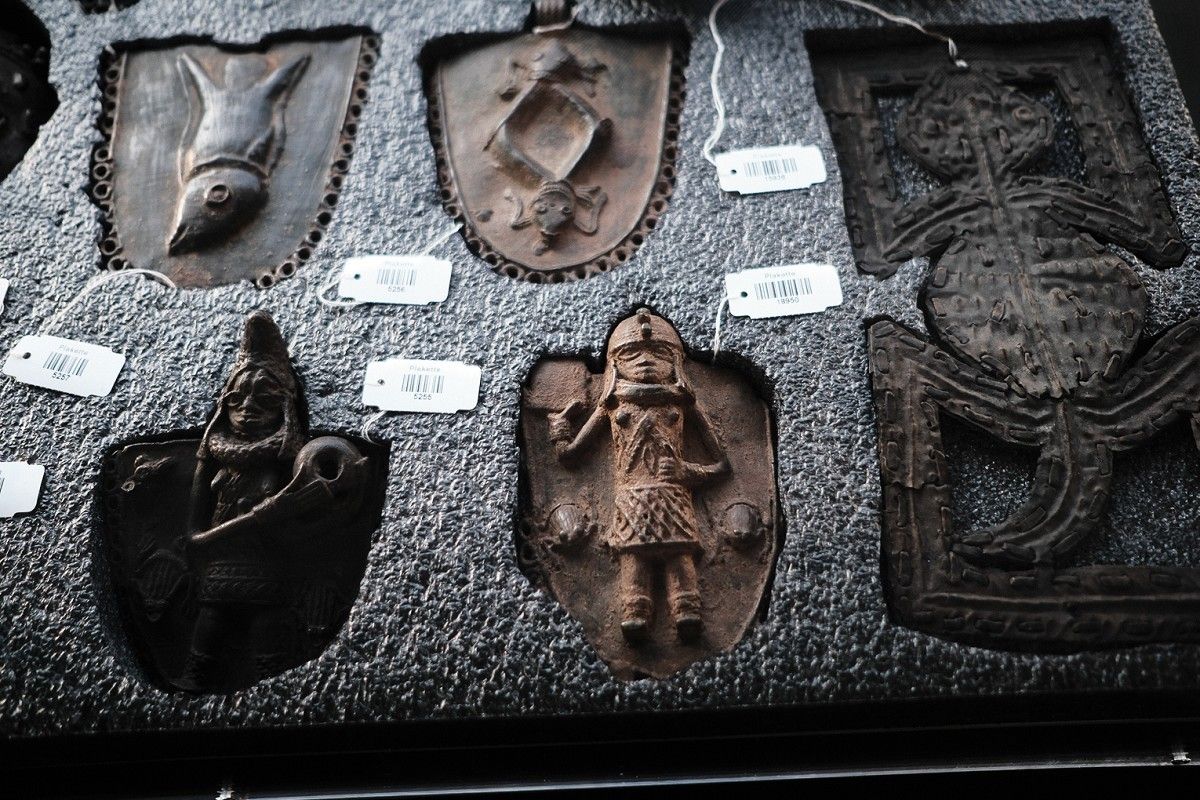A major museum in Cologne is the latest institution to transfer its collection of Benin bronzes to Nigeria, adding momentum to the restitution debate that continues to engulf Western museums.
The Rautenstrauch-Joest-Museum, an ethnological museum that opened in 1906, says it will transfer ownership of 92 works; three items will be returned this month with 52 objects to be transferred from next year. The remainder will remain on long-term loan to the Rautenstrauch-Joest-Museum in line with other restitution agreements. The agreement was signed by the mayor of Cologne, Henriette Reker, and Abba Isa Tijani, the director general of Nigeria’s National Commission for Museums.

The Rautenstrauch-Joest-Museum in Cologne
Earlier this year the German government signed a separate key agreement transferring ownership of more than 1,100 works to Nigeria though some of the works will continue to be exhibited in Germany.
The ongoing agreements end decades of wrangling over metal and ivory artefacts (“Benin bronzes” includes objects not only made of bronze but brass and ivory too) looted by the British army from what is now southern Nigeria as part of a punitive expedition in 1897. Since the 1960s, Nigeria has repeatedly called for their repatriation.
In November, a highly anticipated new online database listing works of art looted from the Kingdom of Benin launched, shining a light on more than 5,000 looted objects housed at more than 100 museums worldwide. The team behind the new online platform is led by Barbara Plankensteiner, the director of Museum am Rothenbaum–World Cultures and Arts (MARKK) in Hamburg.
Crucially, Germany has agreed to contribute to the construction of a new museum to house the Benin bronzes near the royal palace in Benin City, the Edo Museum of West African Art.
Meanwhile the UK Charity Commission has granted Cambridge University permission to return 116 bronzes. In August officials from the University said that they support “a claim for the return to Nigeria of 116 objects currently held in the University’s Museum of Archaeology and Anthropology collections that were taken by British armed forces during the sacking of Benin City in 1897”.
According to the Varsity university newspaper, several of the bronzes will stay in Cambridge on extended loan “ensuring that this West African civilisation continues to be represented in the museum’s displays, and in teaching for school groups”.


